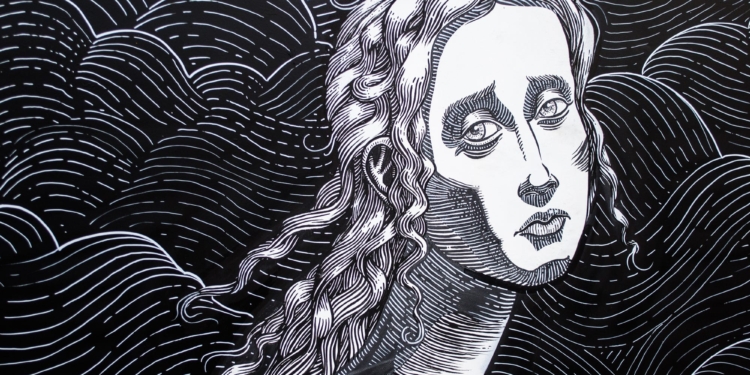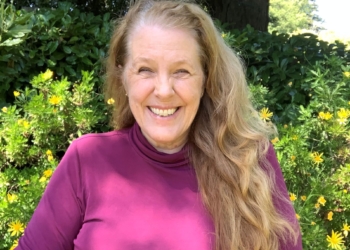If You Want a Better World, Become a Quantum Activist
December 26, 2019
The Freedom Checklist – What Every Human Being Needs to Know
December 5, 2021
People-Pleasing 101: The (REAL) Cause and Cure
May 13, 2024
Taurus Uranus Cazimi Deep Dive Video + All Signs…
May 12, 2024
Your SECRET other zodiac sign…
May 11, 2024
Taurus New Moon Deep Dive Video 7th/8th May 2024
May 7, 2024
Human Evolutionary Upgrades are Here
May 6, 2024
























![Who Is Bobby Kennedy? [30-Minute Film on RFK Jr.’s Life, Narrated by Woody Harrelson]](https://consciouslifenews.com/wp-content/uploads/2024/05/who-is-bobby-kennedy-350x250.jpg)


























